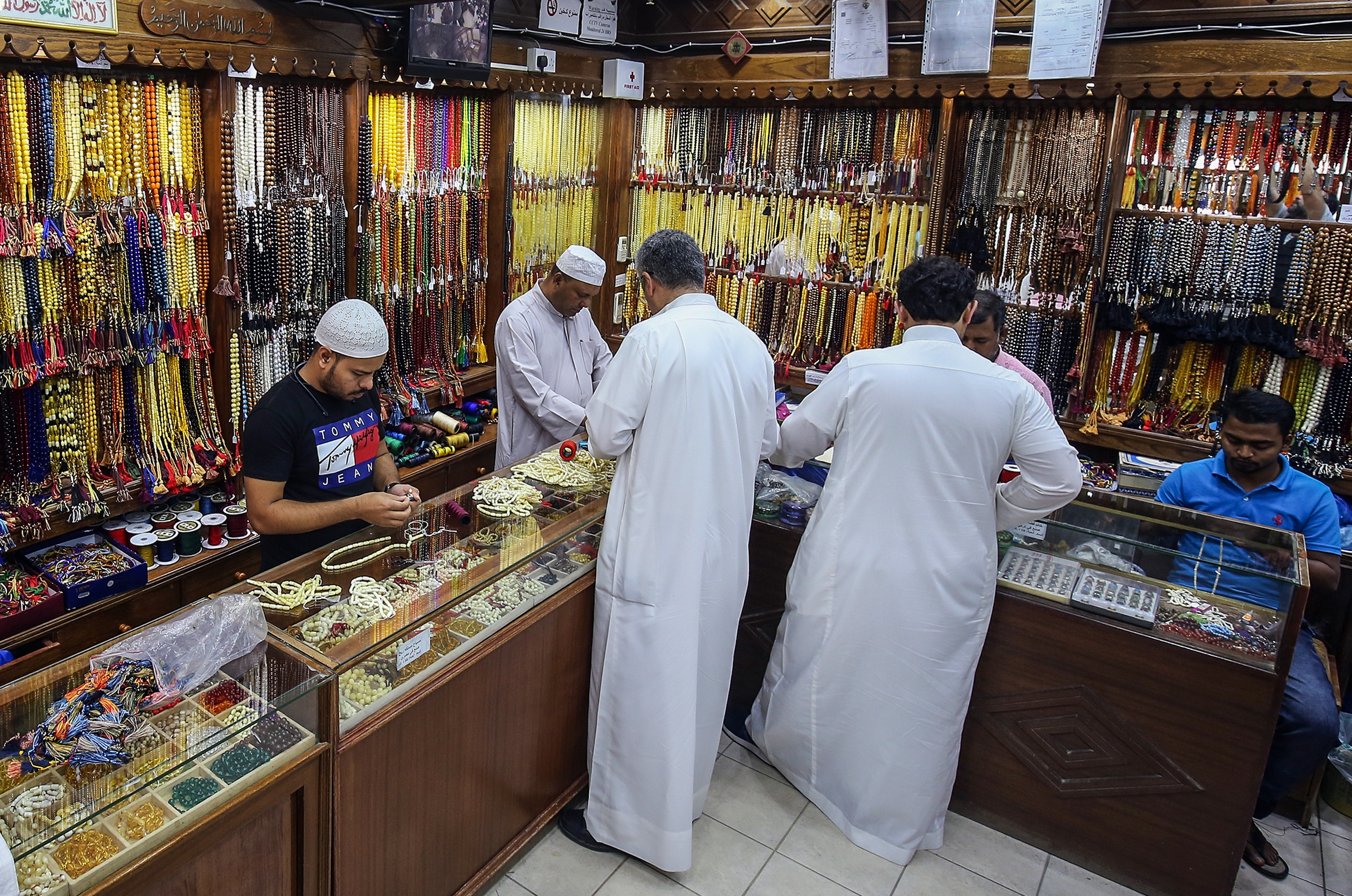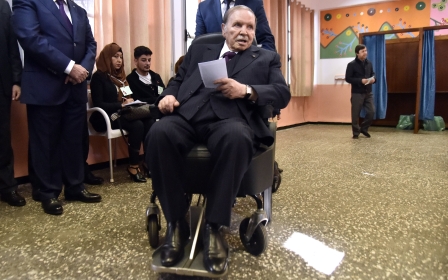Arabic press review: Kuwait plans to dismiss 500,000 expatriates by 2021

The Kuwaiti government plans to force the private sector to reduce the number of foreign workers in companies and financial institutions, and increase the recruitment of nationals, an official document said.
The document, a copy of which the London-based newspaper Al-Araby Al-Jadeed, revealed the plan to reduce the number of expatriates in the private sector from the current 1.6 million to about 1.1 million by 2021.
According to the document, the government will incentivise private companies to recruit nationals by giving them priority in government projects, in addition to offering them tax cuts and reductions in services.
Earlier this year, the Kuwaiti government issued a decision to stop the appointments of expatriates in all government departments.
According to data by the Kuwait Central Statistical Bureau (KCSB), there are currently around 73,000 nationals working in the private sector, while the government plan aims to increase this number to 130,000 by 2021, which amounts to an increase of 78 percent, according to Al-Araby Al-Jadeed.
New MEE newsletter: Jerusalem Dispatch
Sign up to get the latest insights and analysis on Israel-Palestine, alongside Turkey Unpacked and other MEE newsletters
According to official government data in Kuwait, the number of unemployed Kuwaiti nationals stood at 16,000 by the end of June.
Saudi naval exercises to protect oil
Saudi Arabia announced on Saunday the start of two naval exercises with Bahrain in the Gulf for the protection of oil facilities, nearly three weeks after an attack on its oil disrupting half of its production, according to the Al-Khaleej Online website.
The Saudi government news agency reported that "Jisr-20" and "Amwaj-4" exercises will take place simultaneously with the participation of Saudi naval and air forces as well as the Bahraini navy.
The two manoeuvres are aimed at "countering terrorist operations targeting oil installations, protecting regional waters in the Arabian Gulf and enhancing cooperation and the exchange of expertise between Saudi armed forces and their Bahraini counterparts," the agency said.
The manoeuvres are taking place amid a period of high tension in the region. Washington and Gulf countries, especially the Saudi kingdom, have accused Tehran of targeting Gulf oil ships and facilities, and threatening maritime navigation. Iran has denied these accusations and offered to sign a "non-aggression" agreement with Gulf states.
Defections hit UAE-backed Yemeni militias
An official source in the Yemeni military said on Sunday that defections in the ranks of the Abu al-Abbas Brigades, a UAE-backed ultra-conservative militia, has led to a sharp decrease in its members, the website Arabi21 reported.
The source, speaking on condition of anonymity, told Arabi21 that the militia has recently been experiencing a wave of defections, the last of which took place on Saturday. He added that “these splits are taking place due to the suspicious agenda that the force is being tasked to implement in the south of Taiz province".
The source also said that more than 1,300 fighters, including prominent leaders, have joined Yemen's army, adding that the "Abu al-Abbas Brigades has been left with only those who are wanted by the security forces and suspicious members, or those involved in internal and external agendas".
A recruitment drive is currently underway, he said, with the UAE paying the salaries of new recruits in Saudi currency as part of its efforts to "create chaos in Taiz's southern countryside and turn it into a separate sector under its control".
* Arabic press review is a digest of reports that are not independently verified as accurate by Middle East Eye.
Middle East Eye delivers independent and unrivalled coverage and analysis of the Middle East, North Africa and beyond. To learn more about republishing this content and the associated fees, please fill out this form. More about MEE can be found here.




